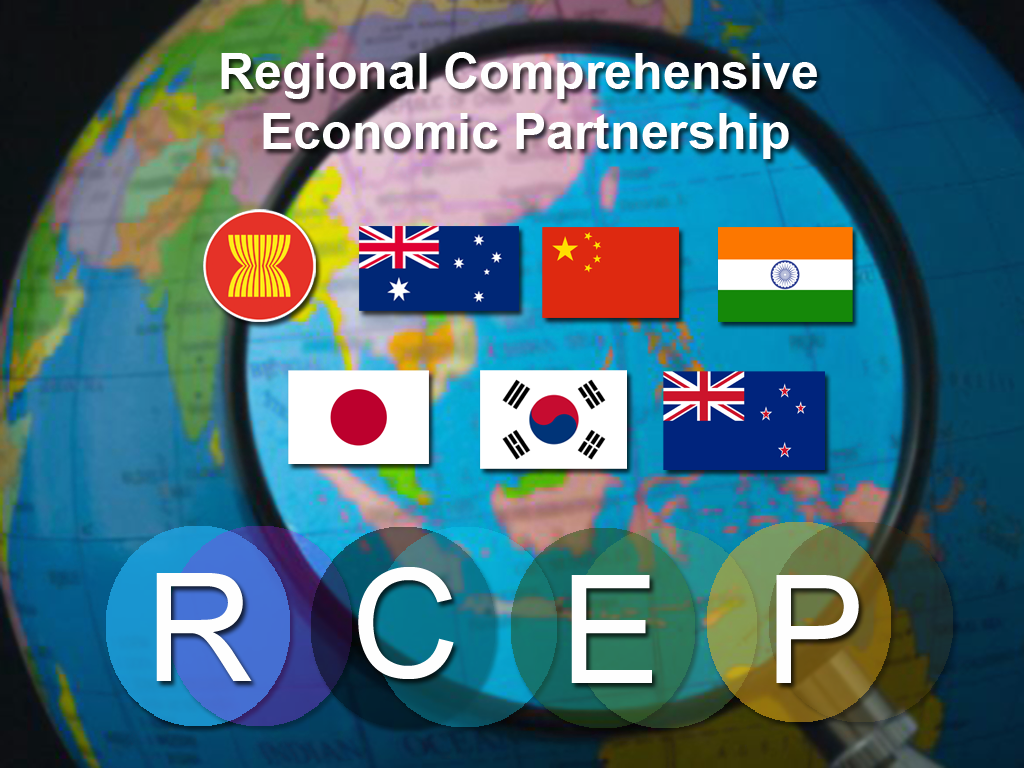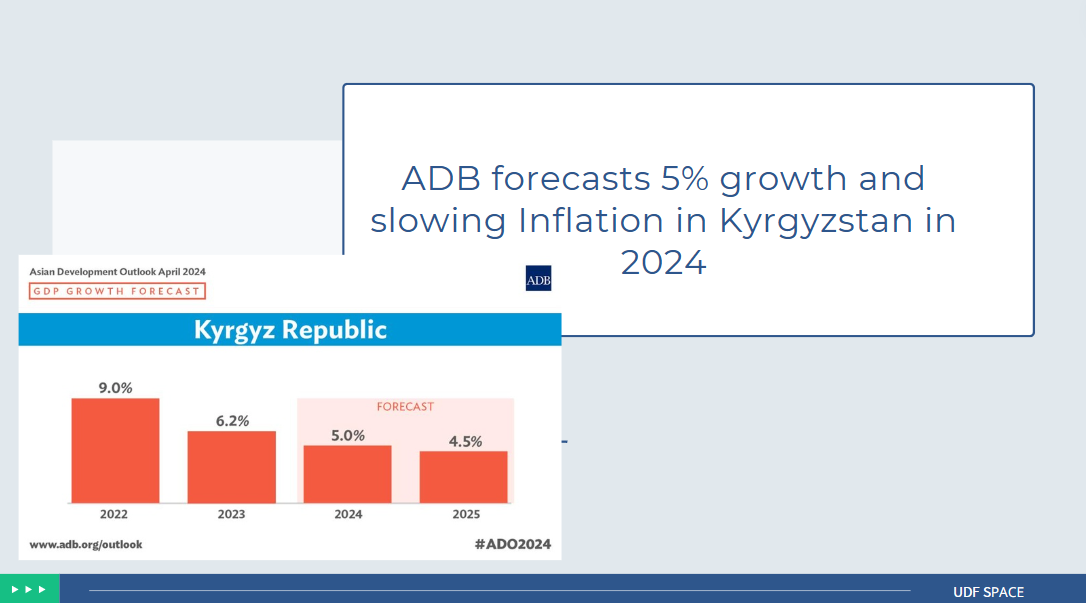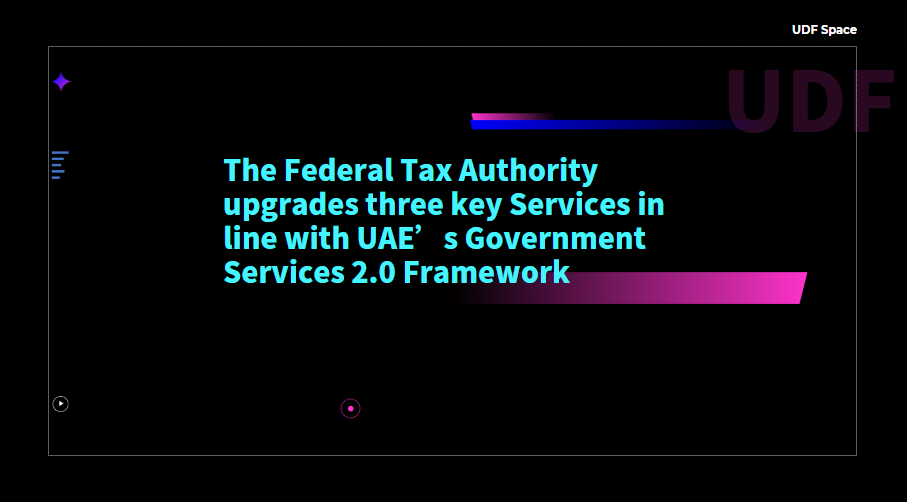South Korea – Tax Law Amendment Bill Enacted into Law
South Korea’s 2023 Tax Law Amendment Bill (“the Bill”), which was announced on 27 July 2023, is now law.1 It was reviewed by the National Assembly, and the amendments have been made effective from 2024.
In this GMS Flash Alert, we summarize the key features of the tax amendments for the sunset clause in respect of applying the flat tax rate, treatment of housing support benefit, and the reporting obligations for employers of stock-based compensation exercised or received by their employees if the stock-based compensation is paid by a foreign corporation with foreign controlling ownership. (Please note that this GMS Flash Alert largely repeats our report from September, with updates for the change in status from a bill to a law.)2
WHY THIS MATTERS
Tax costs and budgets for South Korea-inbound expatriates will likely be reduced by the extension of the sunset clause regarding the flat tax rate application and exclusion of housing support benefit from reportable employment income for foreign workers who elect to apply the flat tax rate.
The changes described below should be considered when evaluating international assignment costs and budgets for assignees sent into and out of South Korea.
It is essential to get in front of the changes described in this newsletter and to communicate quickly and clearly with employees and other key stakeholders in the business, so that they can properly plan, budget, and make any necessary adjustments.
Flat Tax Rate: Extension of Sunset Clause
The sunset clause regarding application of the flat tax rate as of 31 December 2023, is being extended to 31 December 2026. Under the amendment, a foreign-national worker who begins to first provide labor in South Korea on or before 31 December 2026, can elect to have the 19-percent flat tax rate (20.9 percent including local income tax) applied to his/her employment income until the taxable period that ends within 20 consecutive years from the date the foreign national first provides labor in Korea. Other statutory components of the flat tax remain intact. (Please refer to GMS Flash Alert 2023-064 (27 March 2023) for more details on the flat tax.)
KPMG INSIGHTS
All foreign-national employees can elect to apply the flat income tax rate to their employment income earned from year 2023, at least up to year 2033, if the flat tax rate is more advantageous than the regular, progressive tax rate.
If a foreign-national employee – or his/her employer – has questions about eligibility for claiming the flat tax rate versus being taxed according to the regular, progressive tax rates, and how the five-year election limitation expansion to 20 years affects him or her, that employee should contact his or her qualified tax professional or a member of the Global Mobility Services team in Korea (see the Contacts section).
Exclusion of Housing Support Benefit from Reportable Employment Income
As we explained in our prior report, housing support in South Korea has been classified as a non-taxable welfare benefit effective as of January 2021, whereas previously it was considered a tax-exempt benefit to employees. It posed a significant drawback to foreign-national employees who elect to apply the flat tax rate to their employment income tax filings in South Korea, since tax deductions, reductions, exemptions, and tax credits related to income tax under the Income Tax Act do not apply when the flat tax rate has been applied. Previously, it was amended to extend its grace period so that such housing support would remain tax exempt in South Korea until 31 December 2023, for foreign-national employees who elect to apply the flat tax rate.
Under the amendment, the housing support benefits are permanently excluded from reportable employment income for foreign workers who elect to apply the flat tax rate to their employment income tax filings, provided that the required conditions are fully satisfied.
Rental contract has been signed between the employer and the lessor;
The entire rental payments have been made directly to the lessor by the employer (and not through the employee/assignee concerned and he/she does not bear any portion of such costs); and
Housing facility is a regular residential house/apartment (as opposed to a hotel or serviced apartment).
KPMG INSIGHTS
As noted in our earlier report, as an incentive to attract more foreign-national workers into South Korea, the amendment helps ensure that the housing support benefits remain non-taxable with application of the normal progressive tax rates and are removed from the reportable employment income permanently with application of the flat income-tax rate. This ultimately means that the housing support benefits are tax-exempt for all foreign-national employees regardless of whether the flat tax rate is elected.
Stock-Based Compensation Transactions – New Filing Obligation of Domestic Corporation or Domestic Place of Business of Foreign Corporation
The 2024 Tax Reform introduces a filing obligation requiring domestic corporations (including the permanent establishment of foreign corporations) to report on transactions in which executives or employees receive the share-based compensation upon exercise (or payment) from foreign controlling shareholders.
Domestic corporations and domestic places of business of foreign corporations are now required to submit the transaction details to the Korean tax authority. The submission includes grant/exercise/payment schedules and details, exercise/payment profit, employee personal information, etc. for stock-based compensation exercised or received from 1 January 2024. And the filing is due by 10 March of the following year.
KPMG INSIGHTS
As we explained in our earlier report, a foreign corporation with foreign controlling ownership includes:
for employees of a domestic corporation – a foreign corporation that directly or indirectly owns 50 percent or more of the stock of a domestic corporation;
for employees of a domestic place of business of a foreign corporation:
headquarters and branch of a foreign corporation, or
a foreign corporation that directly or indirectly owns 50 percent or more of the stock of another foreign corporation.
Stock-based compensation is defined as stock options and similar rights to acquire or purchase stocks of a foreign corporation with foreign controlling ownership at a pre-determined price. It is provided in the form of stocks or in money equivalent to the stock value of a foreign corporation with foreign controlling ownership in accordance with the operating standards for stock-based compensation prepared in advance.
FOOTNOTES
1 2023년 세법개정안 .
2 For prior coverage, see GMS Flash Alert 2023-168, 1 September 2023.























































First, please LoginComment After ~